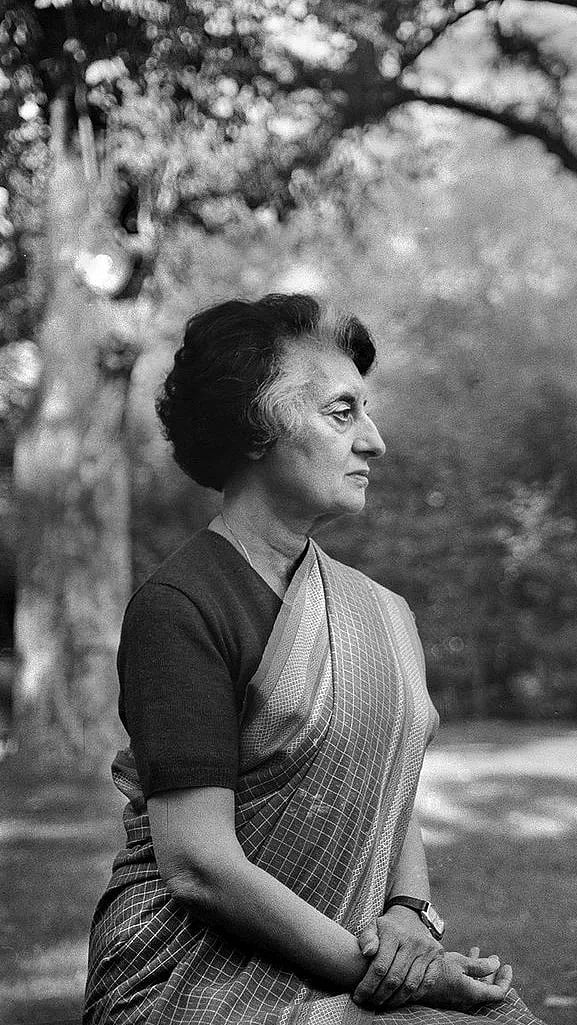Brain scans have revealed higher levels of shrinkage -- a sign of brain ageing -- among people having poor sleep quality in early middle age, according to a study.
A group of 589 people aged 40 years on average responded to sleep questionnaires both at the beginning of the study and again five years later. The participants had their brains scanned 15 years after the study began.
"Our study, which used brain scans to determine participants' brain age, suggests that poor sleep is linked to nearly three years of additional brain ageing as early as middle age," Clémence Cavaillès, from the University of California San Francisco and corresponding author of the study published in the journal Neurology, said.
Poor sleep habits have been linked to poor thinking and memory in later life, putting people at higher risk for dementia, Cavaillès said.The participants' sleep habits were categorised as such -- short sleep duration, bad sleep quality, difficulty falling asleep, difficulty staying asleep, early morning awakening and daytime sleepiness. They were thus divided into three groups according to low, middle and high levels of poor sleep habits.
Brain shrinkage revealed in the brain scans were used for gauging brain age, with higher levels indicating a greater age, the researchers said.The team found that people having middle levels of poor sleep habits had a brain age that was on average 1.6 years older than that of the people having low levels of poor sleep.

Image used for representational purposes only | Canva
Those having high levels of poor sleep were found to have an average brain age of 2.6 years older than those having low levels of poor sleep habits.
"Our findings highlight the importance of addressing sleep problems earlier in life to preserve brain health, including maintaining a consistent sleep schedule, exercising, avoiding caffeine and alcohol before going to bed and using relaxation techniques," author Kristine Yaffe, from the University of California San Francisco, said.
"Poor sleep was associated with advanced brain age in midlife, highlighting the importance of investigating early sleep interventions for preserving brain health," the authors wrote.
(Except for the headline, this article has not been edited by FPJ's editorial team and is auto-generated from an agency feed)









